How to Become a Teacher
Teaching is an exciting and rewarding career. Teachers not only share their love of learning with students, they also inspire and guide them as they pursue their passions and dreams.
In this section, we answer common questions about how to become a teacher, as well as the unique skills and requirements needed for each discipline.
If you're ready to take the next step in becoming a teacher, we encourage you to explore our Bachelor's Degree in Education as well as the many masters and five-year degree education programs offered at Iona!
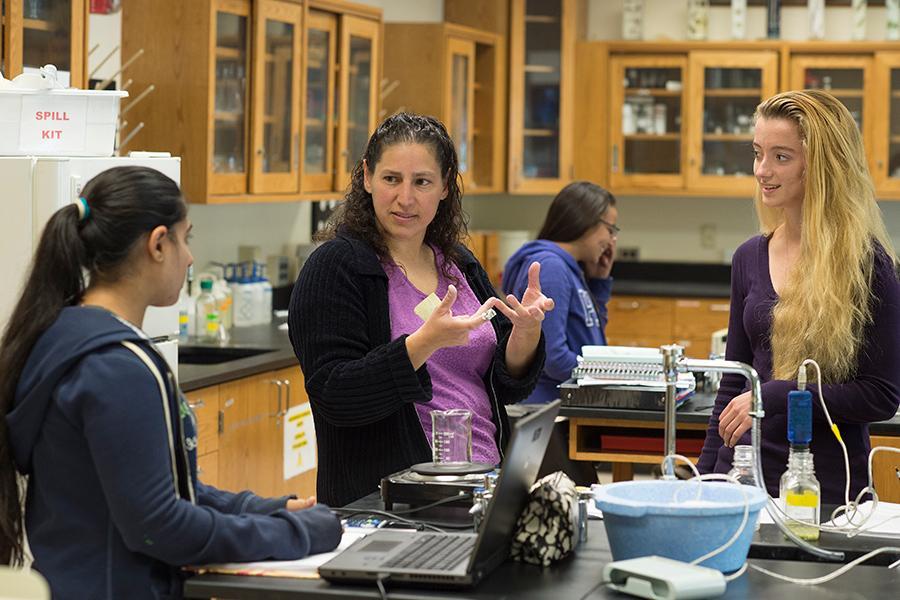
How to Become a Biology Teacher
As a biology teacher, you’ll guide students as they develop their own understanding and practice of science literacy, which forms the fundamental knowledge of their ongoing science instruction.
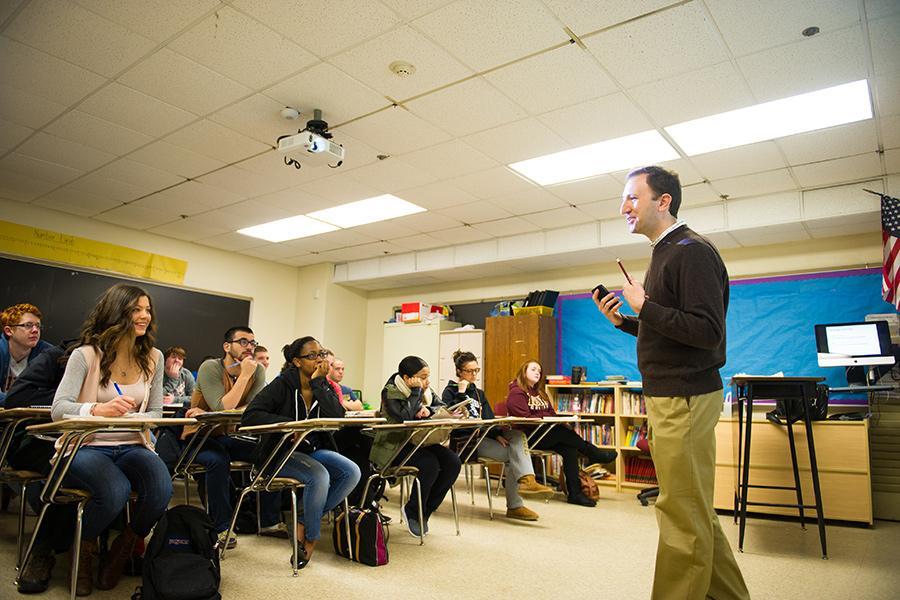
How To Become an English Teacher
Becoming an English teacher allows you to combine your love for language and literature with your enthusiasm to work with students.
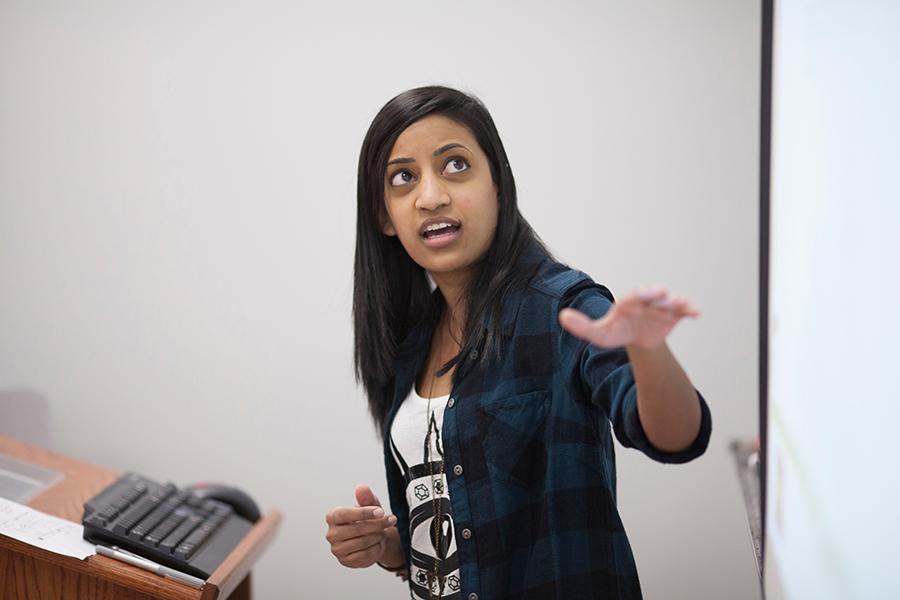
As a math teacher, you can help students gain crucial life skills and empower them to become problem solvers and critical thinkers.

How to Become a Social Studies Teacher
By becoming a social studies teacher, you’ll have the opportunity to spark students’ interest in global societies, invest in their civic competence and help them to develop a fuller, more complex understanding of the world around them.
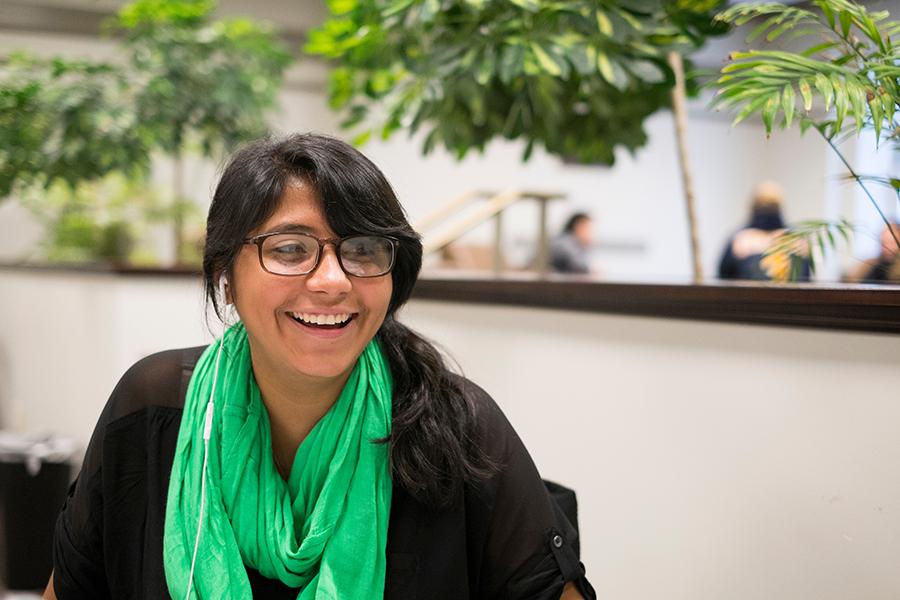
How to Become a Spanish Teacher
When you become a Spanish teacher, you are both an educator and an ambassador. Not only do you teach your students new vocabulary words, grammatical rules and other technical elements of a new language, but you also facilitate a cultural exchange and invite them to learn about a world different from their own.

How to Become a Special Education Teacher
When you become a special education teacher, you become an advocate for students with disabilities. Your work centers on personalizing students’ education to fit their abilities and giving them the encouragement and support they need to excel in school.
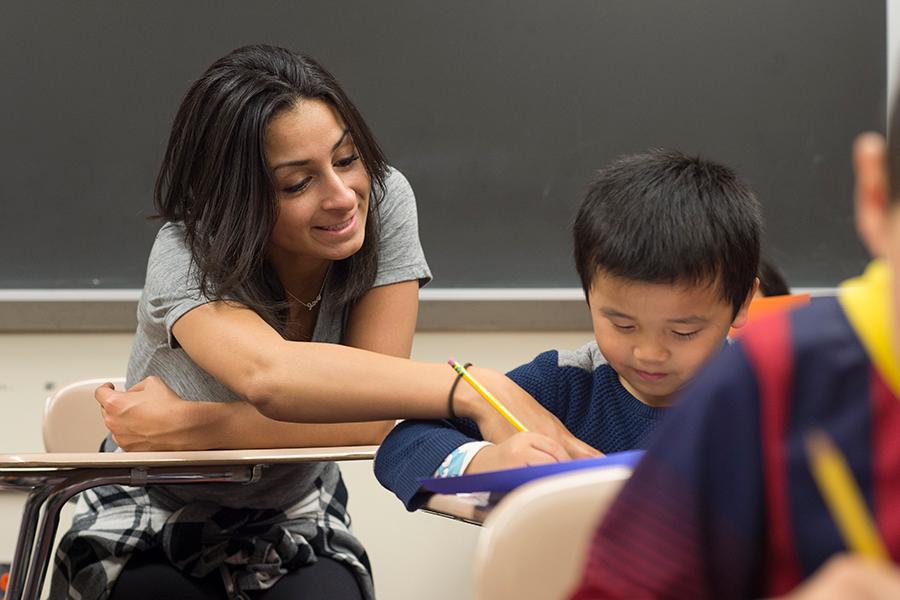
What is a Literacy Specialist?
Literacy specialists help children develop and improve their literacy skills by providing supplemental instruction to students who struggle with reading and writing. They also work to improve school-wide literacy levels by supporting other teachers and faculty with curricula planning and literacy training.
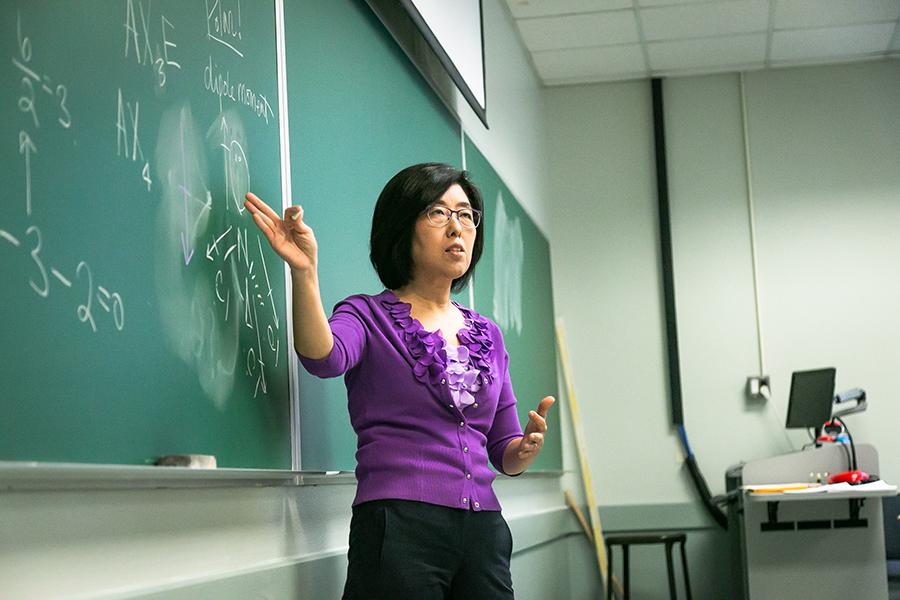
Making a Career Change to Teaching
When you choose to teach as a second career, you open up a world of possibilities. As an educator, you have the chance to make a lasting impact on children of all ages and the privilege of being a part of their educational experience and their individual development.


